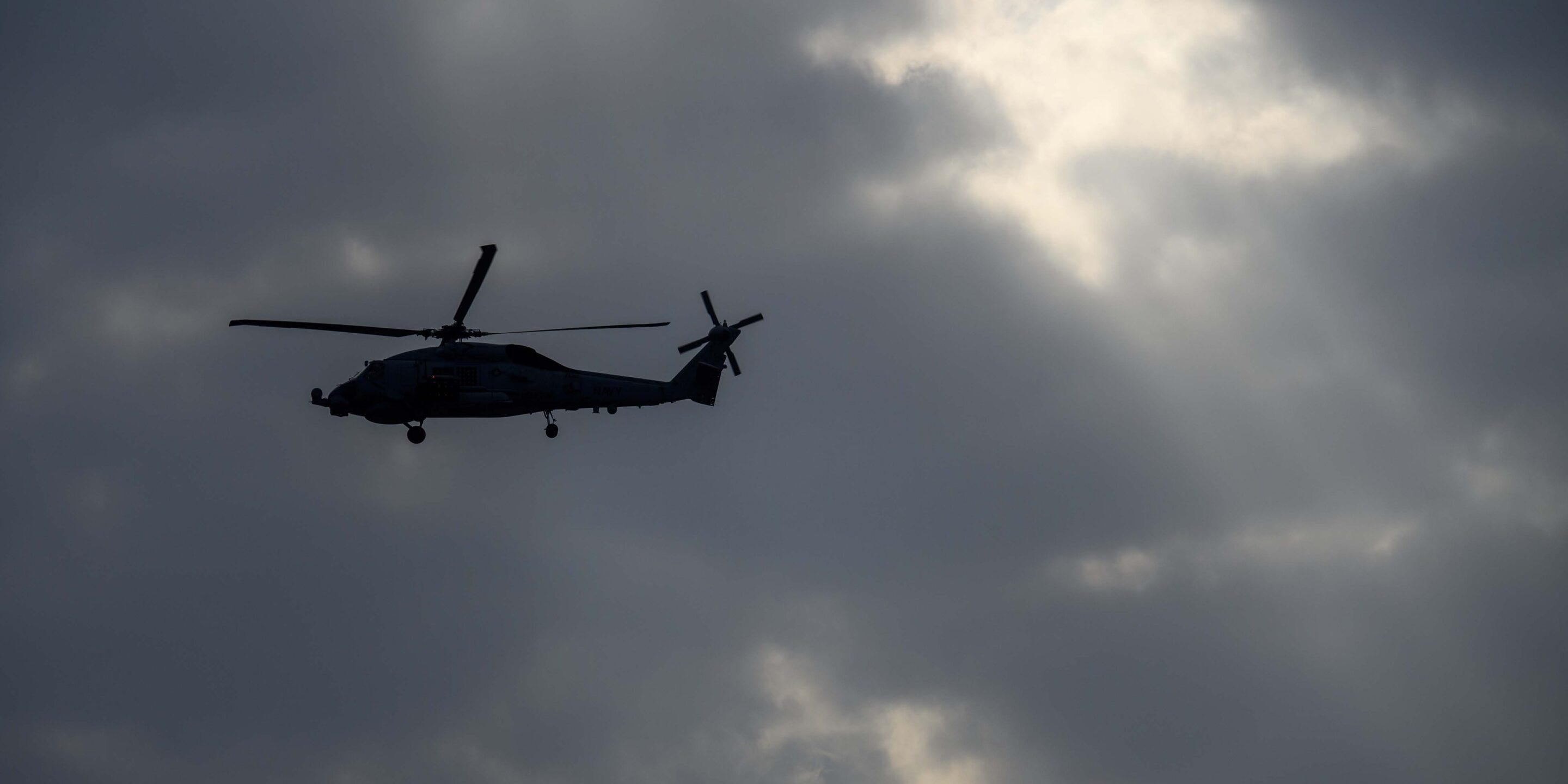September 15, 2023
The hypocrisy of U.S. foreign policy

The United States likes to think of itself as the beacon of freedom and democracy around the world, the one country that will go to bat for the rights of the less fortunate wherever they may reside. President Joe Biden has stressed the theme consistently since he stepped foot in the Oval Office in January 2021, and he isn’t afraid to highlight the democracy versus autocracy disparity in his speeches.
Yet one only needs an ounce of self-awareness to grasp the disconnect between what U.S. officials say in public and what they actually do. President Biden is no exception. He may regard democracy as the best system of government humankind has to offer and have contempt for dictators who repress their people, but he doesn’t necessarily have a problem signing agreements with authoritarians. Sometimes this is the cost of doing business; other times, it can get the U.S. into trouble and expose the U.S. as a hypocritical power.
Take this week. On Sept. 13, Secretary of State Antony Blinken signed a security and economic agreement with Bahrain, the small island located in the Persian Gulf. U.S.-Bahrain relations are nothing new, of course. The U.S. Navy’s Fifth Fleet is based there, and U.S. and Bahraini officers have engaged in joint training and exercises for decades. The so-called Comprehensive Security Integration and Prosperity Agreement seeks to bring those strategic ties to a higher level, both to increase deterrence against potential enemies (Iran) and to routinize collaboration between the U.S. and Bahraini defense.
Bahrain, however, also happens to be an absolute monarchy, where the ruling family reigns supreme and dissent is quickly snuffed out. According to the U.K. House of Commons Library, there could be as many as 1,400 political prisoners in Bahrain. Hundreds of Bahraini political prisoners ended a hunger strike on the same day Bahraini Crown Prince Salman bin Hamad Al-Khalifa flew to Washington to sign the upgraded security partnership with Blinken. Bahrain was also rocked by grassroot protests during the 2011 Arab Spring. That movement, though, crushed them with arbitrary arrests, brute force, and rapid intervention from the Saudi security forces. Outside of rhetorical condemnations and sternly-worded press releases, U.S. ties with the Bahraini monarchy were largely business-as-usual.
More on Middle East

By Jennifer Kavanagh and Dan Caldwell
June 28, 2025

By Rosemary Kelanic and Jennifer Kavanagh
June 25, 2025

Featuring Rosemary Kelanic
June 25, 2025
Events on Middle East






